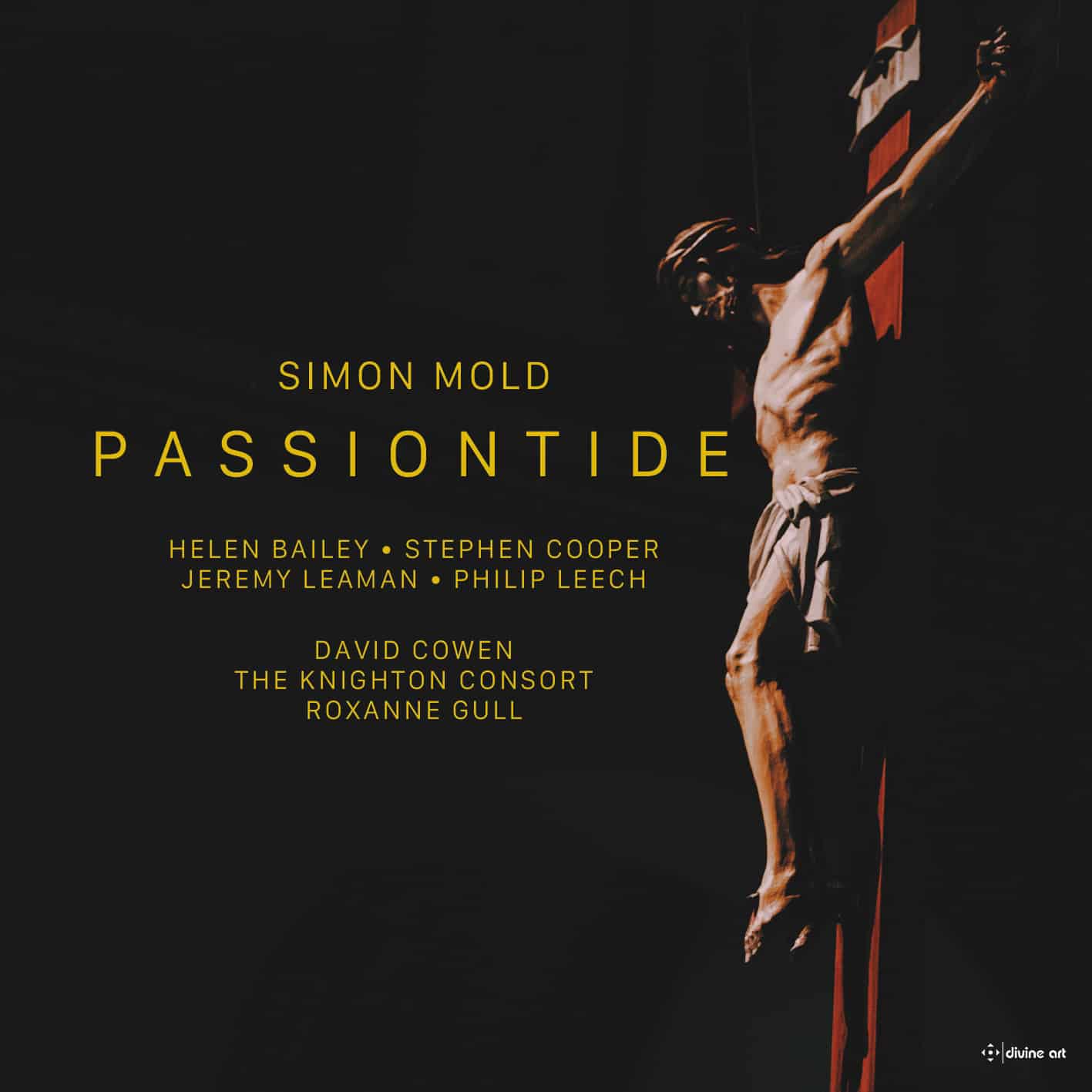The Chronicle Review Corner
Premiered in Kent in 2009, Passiontide was conceived as an alternative to Stainer’s Crucifixion, telling the story of Holy Week in the manner of a small oratorio and including several hymns for choir and audience in a nod to the earlier composer’s well-known choral work (the preview notes say).
They go on: “Mold has compiled an eclectic libretto that combines some quirky 17th century metrical Gospel narrative with a variety of choral and solo reflections; the result is a strikingly accessible work that explores a range of emotions with a sure feel for word-setting and an irrepressible tunefulness, while nonetheless capable of many passages of gravitas, poignancy and lingering beauty.”
Accessible is right. It sounds throughout as if you’ve stumbled across a church and found a service in progress, with some fine singers admittedly, but nothing grand. The sound is reverential, gentle and respectful; and the church organ is clearly a real church organ. (The album was recorded in Mountsorrel Methodist Church, Leicestershire, which looks like it has good acoustics, and hosts organ recitals — one we found had Angela Sones, director of music at All Saints’ Church, Lichfield). It’s sincere and honest, and calming, too. The narrator is Philip Leech, tenor (Guildhall School of Music and Drama), Jesus is sung by experienced song recitalist Stephen Cooper (Southwell Minster) and the soprano soloist is Helen Bailey (Royal Academy Opera), along with bass-baritone Jeremy Leaman (Loughborough University) as Pilate.
Roxanne Gull (Christ’s College, Cambridge and Lincoln Cathedral) conducts The Knighton Consort made up of choral specialists. The organist is David Cowen (Oxford, Paris and currently organist of Leicester Cathedral).
The album is being released for Easter but anyone who likes choral music and / or church music should have a listen; it’s reverent without being overwhelming and is nicely traditional.
@divineartrecordingsgroup
A First Inversion Company
Registered Office:
176-178 Pontefract Road, Cudworth, Barnsley S72 8BE
+44 1226 596703
Fort Worth, TX 76110
+1.682.233.4978












